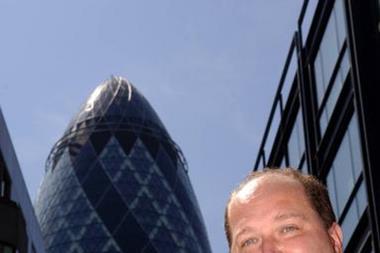Businesses, government and ordinary people are all at risk, said the government
The British government has launched its first cyber security strategy in an effort to combat the growing number of threats from criminals, terrorists and hostile states.
Business, governments and ordinary people are all at risk said the Government. The new measures are part of a wider National Security Strategy, published by Number 10.
‘With modern life increasingly dependent on computers and communications technology cyber space is a new area where hostile states, terrorists, and criminals can all threaten UK security interests,’ said the Prime Minister Gordon Brown.
‘Just as in the nineteenth century we had to secure the seas for our national safety and prosperity, and in the twentieth century we had to secure the air, in the twenty first century we also have to secure our position in cyber space,’ he said.
The Government plans to set up a dedicated Office of Cyber Security and a new multi-agency Cyber Security Operations Centre in Cheltenham, which will protect the UK’s critical IT systems.
Additional funding will enhance our ability to detect attacks and provide better systems for sharing vital intelligence about new threats, said the PM.
“Cyber warfare is the new frontline in the fight against organised crime and state-sponsored attacks.
William Beer, a director in PricewaterhouseCoopers security practice
William Beer, a director in PricewaterhouseCoopers security practice, said the new strategy was an effort by the government to catch up with the fast moving world of cyber crime.
‘Cyber warfare is the new frontline in the fight against organised crime and state-sponsored attacks on national and commercial interests. It is an arms race where the cyber criminals have access to much of the best brainpower and technology and are always pushing ahead. They are smart, well-funded and adept at covering their tracks,’ he said.
‘Our own research shows many organisations are still in the dark when it comes to answering even the most basic questions about the risks to their sensitive information or even about how many times they have been attacked,’ added Beer.
Alex Hindson, head of enterprise risk management at Aon, said: ‘The government needs to support UK business by cascading advice on how to secure systems against such attacks and acting as an extension to IT functions by challenging current security measures and back up systems.’
Andrew Swan, associate director at Aon, added: ‘Specialist cyber liability policies can include cover to recoup costs as a result of business interruption and help restore or replace data to put you back in your original state, but companies must check that terrorism is not excluded from the policy as this becomes an increasing threat.’




















No comments yet